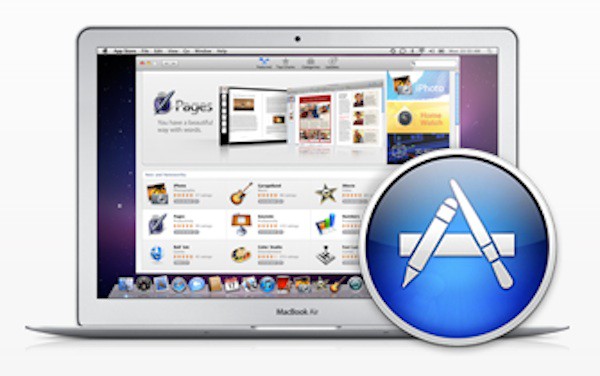Apple hasn’t made the Mac App Store the only source for Mac software, but the company is nudging both developers and users in the store’s direction. That’s fine for consumers, but it may create problems for businesses that need to buy software in bulk and distribute it to a large number of Macs.
That individual setup method works fine for a handful of computers, but it breaks down quickly when you have dozens, hundreds, or even thousands of Macs to manage. Apple along with the open source community and third-party vendors make a range of mass deployment tools that make it possible to create standard configurations and apply them to large numbers of Macs simultaneously over a corporate network. Such tools also make it possible push out new software and updates in a similar manner.
These approaches work well with volume and site licensing for software, particularly when you’re talking about more expensive suites like Microsoft Office and the various Adobe apps. They don’t work quite so well when it comes to the Mac App Store. At present, the Mac App Store doesn’t support any form of volume licensing.
As Apple continues to encourage the Mac App Store as a primary source for Mac software, this may create problems for businesses and schools that have large Mac populations both because there isn’t currently a volume or site licensing option and because purchases are tied to a user’s Apple ID. Apple does offer volume licensing of its own apps, which are now only available through the Mac App Store but so far hasn’t made a move to do so with apps from other developers.
Apple could easily create a Mac version of the iOS App Store’s Volume Purchase Plan, which is available for both business and education. Even that could be challenging for larger organizations, however, if it takes the same approach of providing redemption codes that need to be entered by users to download and install software.
It’s a bit murky as to how big an issue this might develop into over the next few years. Right now, major business software like Office isn’t even sold through the Mac App Store and it’s hard to imagine Microsoft being willing to give Apple a 30% cut of sales. On the other hand, there are a lot of apps that are related to business in general and to some specific professions that have been released only through the Mac App Store.
Mountain Lion’s Gatekeeper is reassuring for the moment because it does focus on giving users and businesses options. That said, some apps by smaller developers may simply end up as Mac App Store exclusives.
The issue is likely to hit schools and colleges a bit more than business. That’s because many educational software straddles the line of home and school use and is a more natural fit with the Mac App Store than expensive business tools.
Hopefully, Apple will address these issues in Mountain Lion. The company has developed multiple solutions for mass deployments over the years and has made volume purchases an option for its own applications. If Apple doesn’t offer a solid option, it may feed into the mentality that Apple simply isn’t interested in business and enterprise customers.


